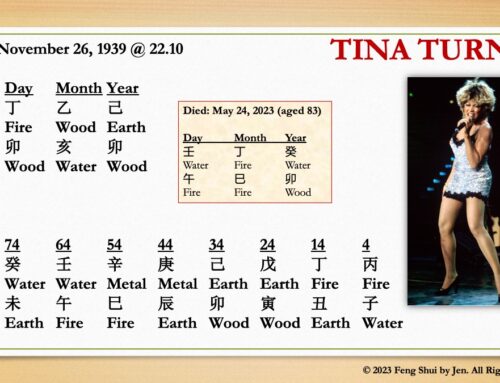What is the Difference between the Solar and Lunar Calendar?
Every year, when the Chinese celebrate the New Year Festival, a very common misunderstanding begins to circulate around this time of year… and that is on the DATE when the new Chinese celestial animal arrives. The twelve animals (i.e., Tiger, Rabbit, Dragon…) is similar to Western Astrology’s zodiac sign. And every year, an animal takes the position of “duke” and dominates as the predominant element for the year.
There are in fact three calendars observed by the Chinese: The Lunar Calendar, The Solar Calendar, and the Western Gregorian. All of which are used for different reasons.
The Lunar Calendar is predominantly used to calculate the dates for public holidays and traditional festivities like Chinese New Year and Mid-Autumn Moon Festival. As the name would suggest, the Lunar Calendar observes the movement of the Moon around the Earth, and one lunar orbit averages 29-30 days or 12 orbits equal to 360 days.
In Chinese Astrology, the 12 Animals is the 12 equal division of the ecliptic of the Earth around the Sun, similar to the Zodiac signs in Western Astrology. Therefore, the Solar Calendar observes the movement of the Earth around the Sun, and one orbit is 365.25 days. And this is the calendar that we use in professional practice.
So, why the Sun?
Every few years or so, the Lunar Calendar will lag behind the Solar Calendar with enough days to add a 13th month. That’s why the Chinese New Year celebration does not always start on the same day every year (Mid-January to Mid-February). This year’s (2014) Chinese Lunar New Year celebration is on January 31.
The shift in the new energy – Celestial Animal or Earthly Branch – in Feng Shui and BaZi is based on the theory of Yin and Yang and the Five Elements; therefore, it is the Sun (not the Moon) that gives us the changing of the Four Seasons. And the arrival of the new Animal is always the same: February 4th.
Copyright © | Feng Shui by Jen LLC | All Rights Reserved | Materials may not be copied, translated, or distributed without prior written consent.





